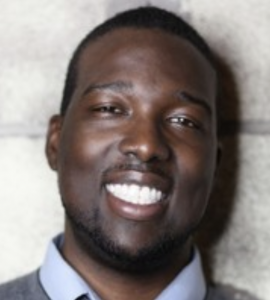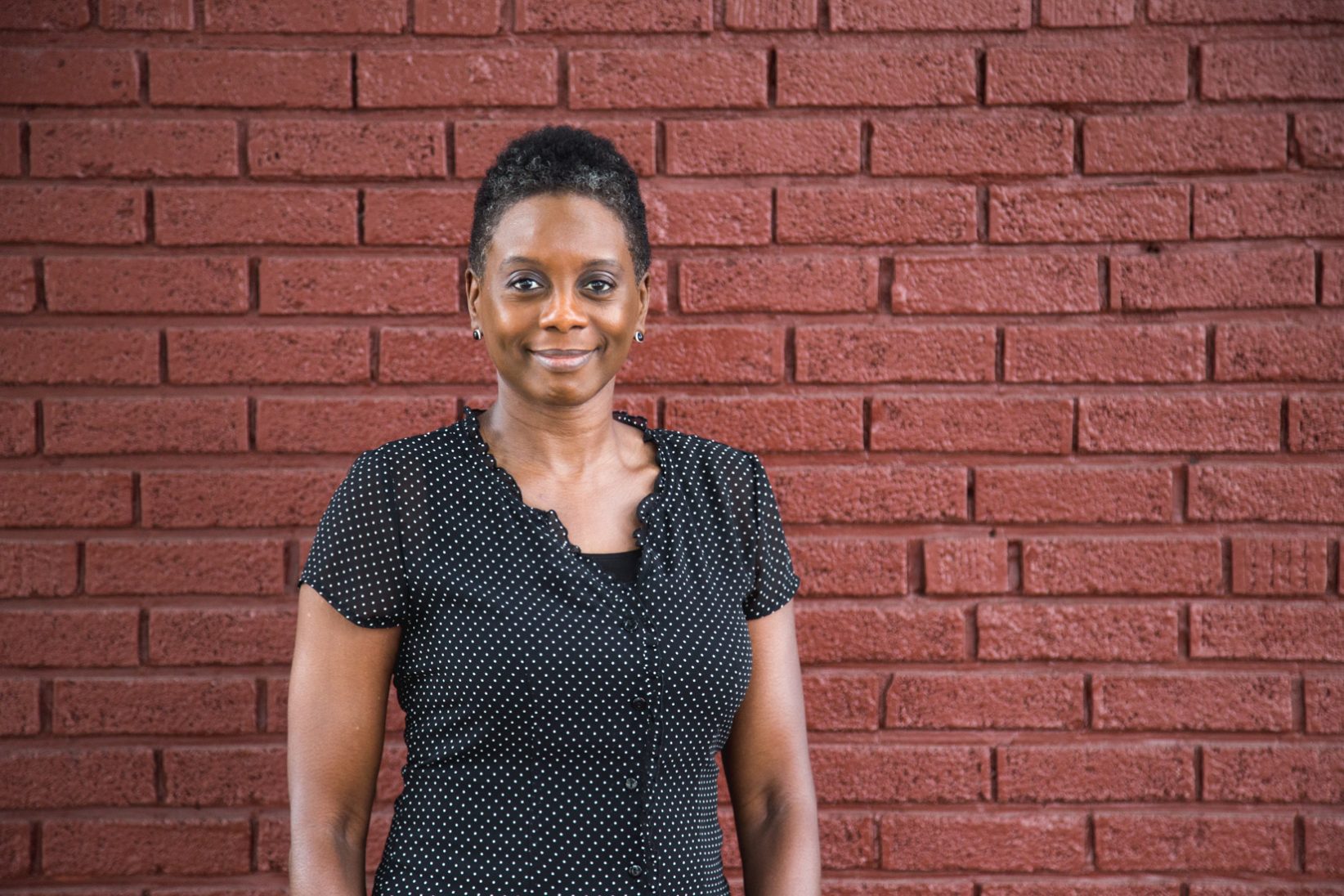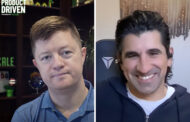Editor’s note: The opinions expressed in this commentary are the author’s alone.
My columns this month feature four minority-owned STEM businesses in the Kansas City metro. The cool thing about each of these businesses? They include at least one (if not more) aspect of the STEM concept — science, technology, engineering, and math.
For the third piece of this the four-part series, I conducted a Q&A-style interview with Quest Moffat, founder of Project United Knowledge (PUK), a full stack software and product development agency with an educational track to validate businesses. PUK incorporates the STEM components of technology (software development) and math (growth hacking).
Company: Project United Knowledge (PUK)
Specialty: We drive social, environmental, and economic impact in Kansas City by incubating and accelerating ventures that have the potential to solve our community’s most pressing issues. PUK takes a direct approach to making sure that we focus on women and underestimated individuals and give them the platform to gain an education, mentors, funding, and ongoing support.
Year founded: 2014

Quest Moffat, Project United Knowledge (PUK)
Founder: Quest Moffat
Cool fact: We are in our first cohort of entrepreneurs. We have helped companies raise 1.5 million in funding. We received $15,000 from Kauffman Foundation to support the Project United Knowledge operation.
Bonus cool fact: Project United Knowledge means that every individual has some form of knowledge, and if combined with others within a community, we can change communities for the better. The name PUK came about when I was sitting with friends and family while having an intense conversation on the topic of how we can/could bring people together from underestimated communities around the concepts of the Marcus Garvey business mindset. A great starting point was looking at the millions of dollars that are up for grabs in the Kansas City area for validating their business ideas. The conversation then shifted to venture capital but no one in the room knew what I was talking about — except my sister. We looked at each other and she said, “You have all this knowledge and you need to share it to build your own community.” We sat around for hours trying to think of a name and someone suggested “United Knowledge.” My sister and I added “Project” to the front to signify that this will be a very long project to help educate our communities.
When did you fall in love with STEM? I have to credit my dad a lot because he would come up with weekly experiments for my brothers and I to do. (He is an electrical nuclear engineer). I started off by taking all of my parent’s electronics apart such as their cell phone, cordless phones, computers, and even the TV. Around middle school, I was building gaming machines and servers out of spare computer parts so I could learn Windows NT and play Unreal Tournament, my favorite game at the time. While everyone else in my neighborhood had dial up, for some strange reason we had two T1 “1.5MB” lines coming into our house for experimentation. Next, I got into coding, cyber security (hacking), learning about WAN, LAN, servers, etc. I challenge anyone and everyone to start learning cyber security, server technology, routers/switches/access points, and the hardware that connects our networks together before learning to code. I suggest to anyone wanting to learn more about STEM to seek and find a mentor in the area of the subject field you want to go into and start asking questions.
Any advice for budding STEM enthusiasts/technologists? I think if more people, especially people of color, started going into STEM-based careers, it could have a major economic impact on our communities. I also think it could create a new sector of employment for our communities if more people of color started to receive funding from private equity, angel investors, and venture capitalists. Only 9 percent of the people who pitched for private equity in 2015 (according to CB Reports) were people of color. This has to change especially if more people of color start pursuing computer science careers. I started PUK as an avenue for aspiring STEM enthusiasts to share their knowledge with others who do not know about the STEM industries. There are many career choices that I can see people in, if only they knew they existed, such as human factor engineers (UIUX), Development Managers, Network Operators, Cyber Sec, IP Penetration, Social Engineering, etc. I also believe that as more computers and technology begins to self code everything, it is important that we all learn how the networks and systems work.
Why is pursuing a STEM career or launching a STEM-centric business important for NextGen innovators? I started PUK as an avenue for aspiring STEM enthusiasts to share their knowledge with others who do not know about the STEM industries. There are many career choices that I can see people in, if only they knew they existed, such as human factor engineers (UIUX), Development Managers, Network Operators, Cyber Sec, IP Penetration, Social Engineering, etc. I also believe that as more computers and technology begins to self code everything, it is important that we all learn how the networks and systems work.
How has diversity and inclusion played a role in the success of the company? Inclusion has played a huge part in our company. The including of different ideas from people with unique perspectives on life and their communities has lead to us having a very diverse workforce. We take a direct approach to seeking and finding unique businesses who happen to have owners of diverse and unique backgrounds. The companies that we work with, must have a woman and or person of color as a owner and board member of the operation. We believe that companies that have executive teams and founding teams of inclusive backgrounds have a higher profit margin, better products, happier customers, and have a higher survival rate. We also take a direct approach in supporting women who want to build businesses. We simply got tired of watching corporations and small businesses talking about diversity and inclusion, that we decided to take a direct approach to tackling the issue, by speaking with individuals, local businesses, and influencers in the community to figure out what they need. From there, we created a plan that included the community and stakeholders. Being intentionally inclusive has opened our business up to exciting opportunities and new daily adventures.
If you could do it all again, what would you change? I would seek a mentor earlier on and ask my father to introduce me to more engineers at an earlier age. I also wish I would have taken math more seriously since now I know that all the algorithms require intense math skills. I also wish someone would have told me to focus more on product design for customer use rather than just fancy functions. And last but not least knowledge about contracts.
2018 Goals: With a current employee count of 10, we’re focusing on making a direct impact on people by connecting individuals directly to the free resources of funding within the city. We are taking a direct focus on women, Latinos, African Americans, Latinx, LGBT, etc.
This concludes my four-part series featuring some of KC’s coolest STEM minority-owned businesses. I know there are more, share your comments and shout outs on other cool STEM businesses making their mark in the metro KC area.
April Boyd-Noronha is the STEM parent advocate, diversity thought lecturer and author behind Lee’s Summit-based The STEM Broker, a boutique training and consulting firm focused on empowering girls, women, and minorities to succeed and advance in STEM careers. Email her at april@thestembroker.com or connect on twitter at @thestembroker





































